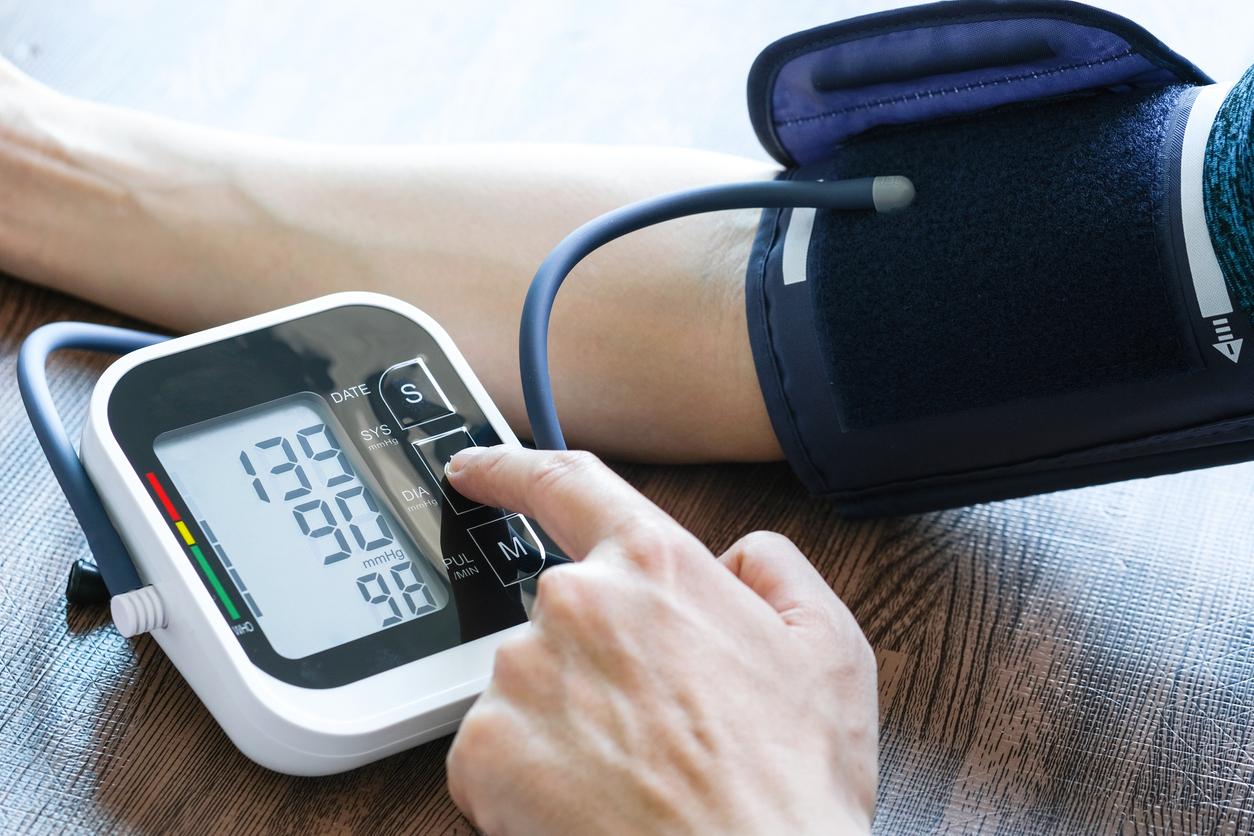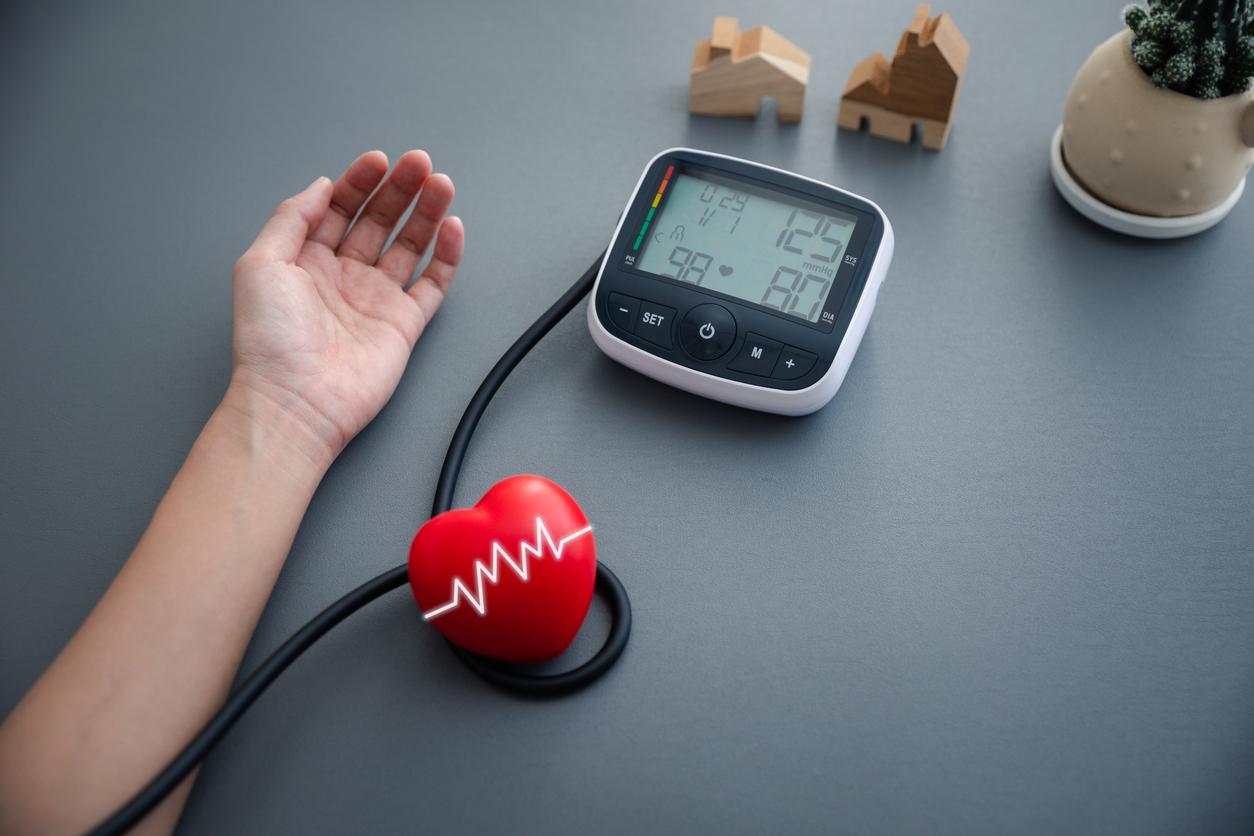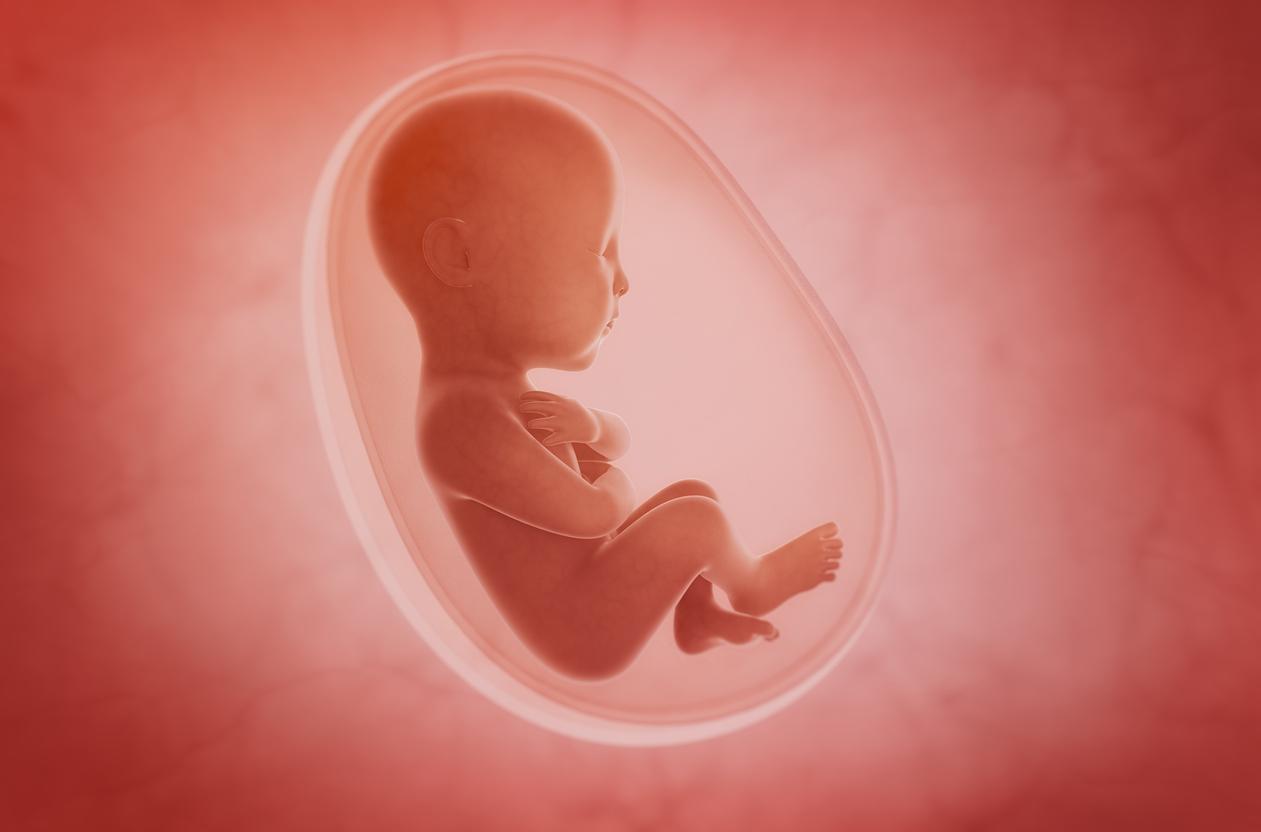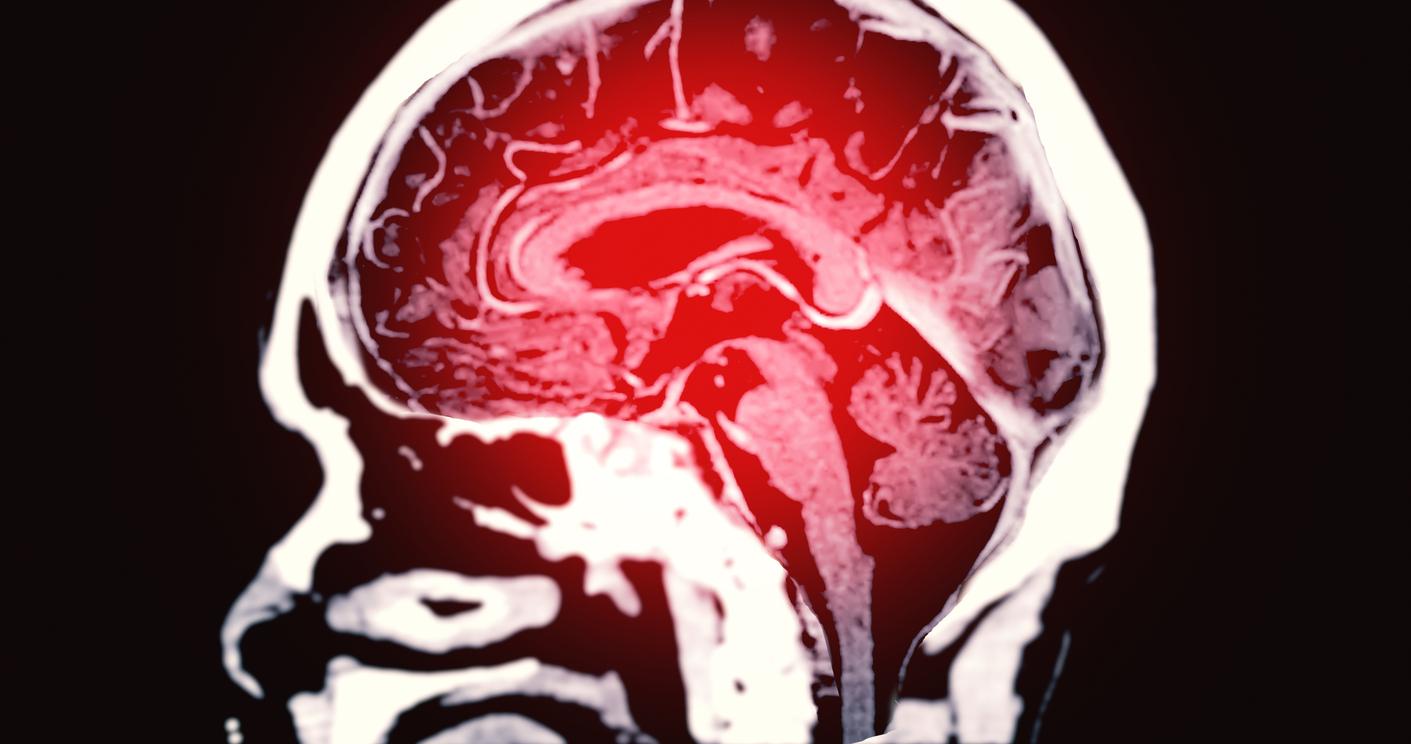The cells present in the temporary organ, which develops in the uterus during pregnancy, are believed to have therapeutic effects on hypertensive patients.

- Over time, high blood pressure causes inflammation of the arteries and can lead to vascular dementia.
- However, administration of placental cells can reduce inflammation and reduce cognitive impairment.
- The authors hope that this discovery will allow the development of a new therapy, which would reduce vascular and brain damage in cases of hypertension.
Worldwide, an estimated 1.28 billion people have excessive pressure in their blood vessels. As a reminder, high blood pressure is the leading cause of strokes and heart attacks. Over time, it causes inflammation of the arteries and can lead to vascular dementia. “However, current antihypertensive drugs do not treat underlying tissue damage, such as fibrosis associated with inflammation. Human amniotic epithelial cells possess several properties suitable for the treatment of vascular pathologies,” indicated researchers from La Trobe University (Australia).
Hypertension: placental cells reduced inflammation in the arteries
In a recent study, they wanted to test the effects of placental cells on vascular diseases and cognitive disorders. To carry out their work, the team carried out an experiment on male mice. Rodents received saline or angiotensin II for 14 days. Postoperatively, a subset of animals were injected with 106 cells collected from placentas donated by mothers who had undergone C-sections.
The results, published in the journal Scientific Reports, showed that angiotensin II infusion increased systolic blood pressure, aortic pulse wave velocity, aortic leukocyte accumulation, and aortic mRNA expression. Administration of placental cells reduced inflammation and prevented cognitive impairment.
Towards a new therapy that would reduce vascular and cerebral damage?
According to study author Michael De Silva, this research is still in its early stages and the team will continue to work on how this knowledge could benefit people with hypertension. He said he was pleased to see that this work could eventually lead to a new form of therapy that reduces damage to blood vessels and the brain when blood pressure is high.
















